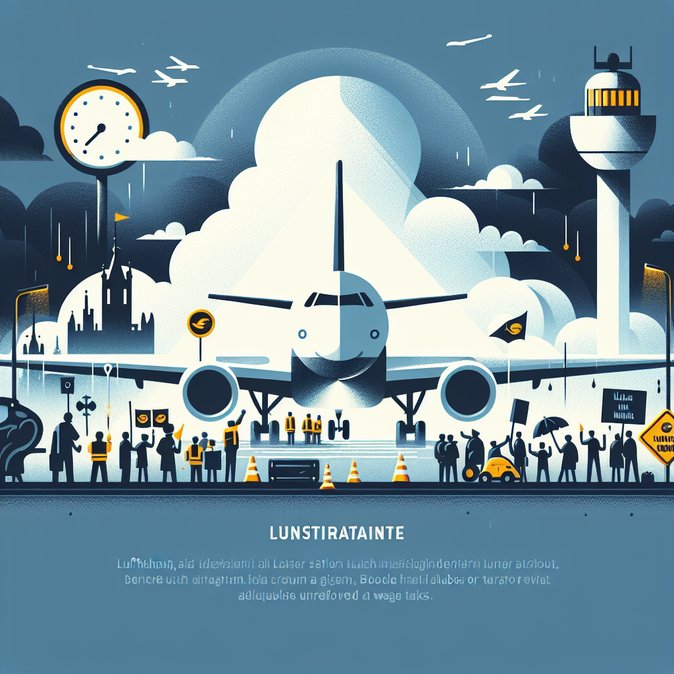
Business Traveller’s latest “Streik-Barometer”, published on 17 November, flags Germany as one of several European hotspots for travel disruption in the coming week. Although cockpit union VC postponed immediate walk-outs to allow fresh talks, the magazine notes that wage negotiations across Lufthansa Group remain fraught and ground-staff strikes could still be called at short notice.
The article situates Germany’s situation within a wider European winter of discontent that includes rail stoppages in Belgium, airport strikes in Italy and Spain, and fuel-tanker action in Scotland that could hit flights bound for German hubs.
![Strike watch: Business-traveller alert highlights Lufthansa labour tensions]()
For corporate mobility managers the takeaway is to keep contingency plans active: Lufthansa typically publishes a special timetable 24 hours before any strike, but alternative routings via Eurowings or rail may book out quickly. Travellers connecting through Frankfurt, Munich or Berlin should monitor union announcements and consider flexible tickets.
The Streik-Barometer also underscores a structural point: Germany’s new Collective Bargaining Transparency Act, in force since August 2025, obliges employers to post real-time strike notices on company websites—offering mobility teams another data point when assessing operational risk.
With peak holiday traffic approaching, any escalation of Lufthansa labour action would have knock-on effects on Schengen connecting banks and crew positioning, potentially disrupting not only German departures but intra-EU business itineraries.
The article situates Germany’s situation within a wider European winter of discontent that includes rail stoppages in Belgium, airport strikes in Italy and Spain, and fuel-tanker action in Scotland that could hit flights bound for German hubs.

For corporate mobility managers the takeaway is to keep contingency plans active: Lufthansa typically publishes a special timetable 24 hours before any strike, but alternative routings via Eurowings or rail may book out quickly. Travellers connecting through Frankfurt, Munich or Berlin should monitor union announcements and consider flexible tickets.
The Streik-Barometer also underscores a structural point: Germany’s new Collective Bargaining Transparency Act, in force since August 2025, obliges employers to post real-time strike notices on company websites—offering mobility teams another data point when assessing operational risk.
With peak holiday traffic approaching, any escalation of Lufthansa labour action would have knock-on effects on Schengen connecting banks and crew positioning, potentially disrupting not only German departures but intra-EU business itineraries.










